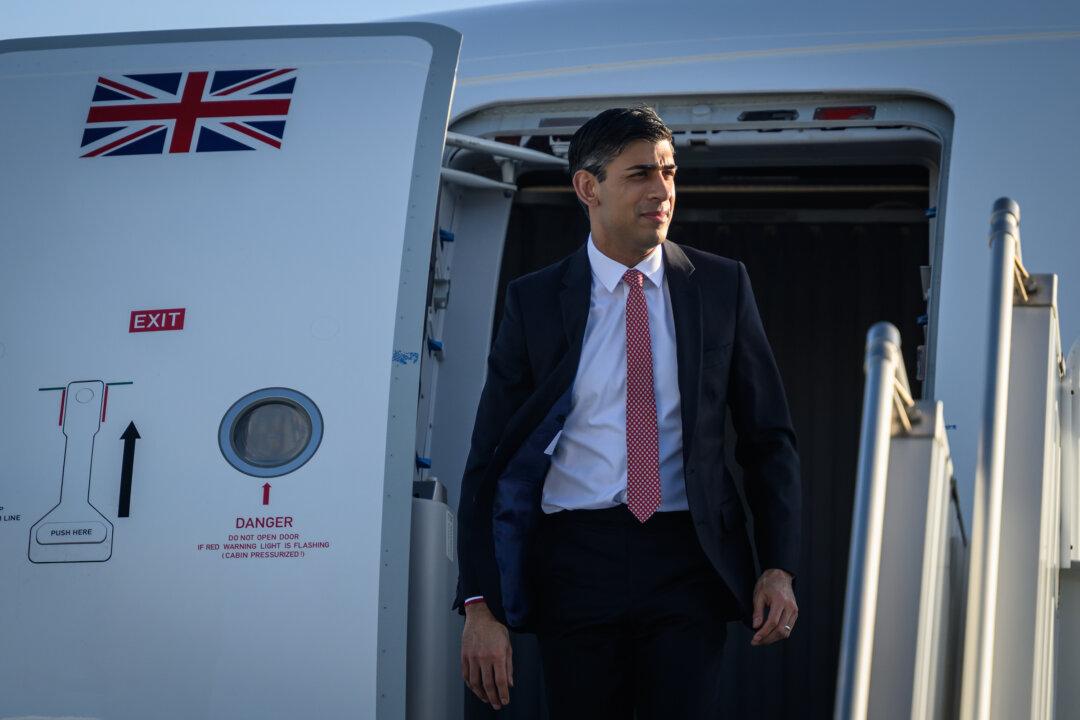Prime Minister Rishi Sunak has pumped an extra £5 billion into UK military spending and warned of a “more volatile world” following the Russian invasion of Ukraine and the Chinese regime’s increasingly belligerent posture.
A 2021 integrated review, which combined the defence of the realm with security and foreign policy, saw a “tilt to the Pacific” to combat the growing threat of the Chinese Communist Party (CCP).





